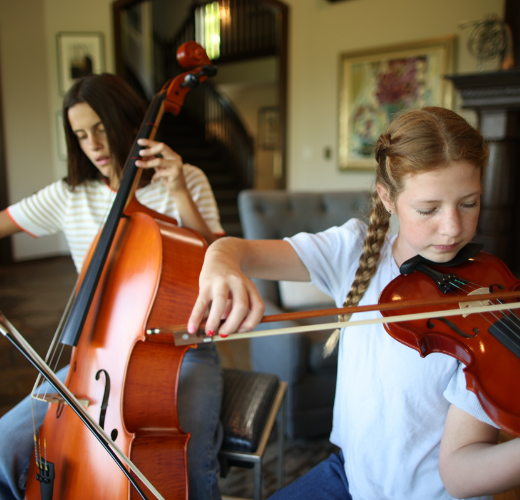How Trying New Things Can Transform the Brain
Time seems to slow down during new experiences. Learning to snowboard, painting for the first time, or experimenting with a new recipe engages the brain in exciting ways. Trying new things for brain development not only adds variety to life but also strengthens the brain and builds valuable skills.

Why New Experiences Matter for the Brain
Stepping outside a comfort zone triggers the release of dopamine, a chemical linked to motivation and reward. This boost encourages persistence, even when tasks feel challenging. The same sense of accomplishment that comes from solving a tricky puzzle or mastering a challenging yoga pose stems from this process.
Beyond the immediate sense of achievement, trying new things helps the brain form stronger connections through neuroplasticity. Each new experience rewires neural pathways, increasing adaptability and preparing the brain to handle future challenges.
Why Time Feels Different During New Experiences
The brain works harder when processing unfamiliar activities. Learning to drive or attempting a first pottery class, for example, requires intense focus on movements, instructions, and sensory details. This heightened attention can make those moments feel longer and more memorable.
In contrast, routines often pass by unnoticed. A daily commute may fade into the background, while a thrilling day spent hiking a new trail remains vivid. Novel experiences stand out, creating lasting memories.

Embracing New Experiences in a Supportive Environment
New experiences can feel intimidating, especially for those working through anxiety, depression, or self-doubt. Eva Carlston provides a safe and encouraging space for students to explore unfamiliar activities. Creative arts, outdoor adventures, and leadership opportunities in group settings foster confidence and emotional growth.
Engaging in these challenges nurtures problem-solving, emotional regulation, and self-expression. Each new experience reinforces the idea that growth happens through persistence and patience.
Mistakes Are Part of the Process
Trying something new often feels uncomfortable, and mistakes are a natural part of the learning process. These missteps provide valuable feedback, teaching the brain what does not work and paving the way for improvement. Eva Carlston encourages students to see challenges as opportunities for growth rather than setbacks.

Building Lasting Skills Through Novelty
The benefits of exploring new experiences extend beyond the immediate moment. Research highlights that novelty strengthens memory, enhances creativity, and supports long-term mental clarity. Engaging in activities such as joining a music class, learning a new sport, or experimenting with an artistic medium creates neural pathways that improve focus, confidence, and emotional resilience.
By stepping outside their comfort zones, students begin to see themselves as capable and adaptable. Over time, this mindset transforms how they approach challenges in both academic and personal settings.
Keep Growing, One Step at a Time
Exploring new things doesn’t have to be extreme. Small steps—like cooking a new dish, trying a different hiking trail, or picking up a creative hobby—can offer similar cognitive benefits. Staying curious and open to unfamiliar experiences is key to continued growth.
At Eva Carlston, students are reminded that growth is a journey. Each new experience builds strength, uncovers hidden talents, and creates meaningful memories that shape their future.
Sources
- Celeste Kidd & Benjamin Y. Hayden. (2021). The Psychology and Neuroscienchttps://pmc.ncbi.nlm.nih.gov/articles/PMC4635443/e of Curiosity. Neuron.
- Henning Beck. (2020). Scatterbrain: How the Mind’s Mistakes Make Humans Creative, Innovative, and Successful. Greystone Books.
Call: 801-449-0089
Address: 4943 S Wasatch Boulevard, Salt Lake City, Utah 84124
